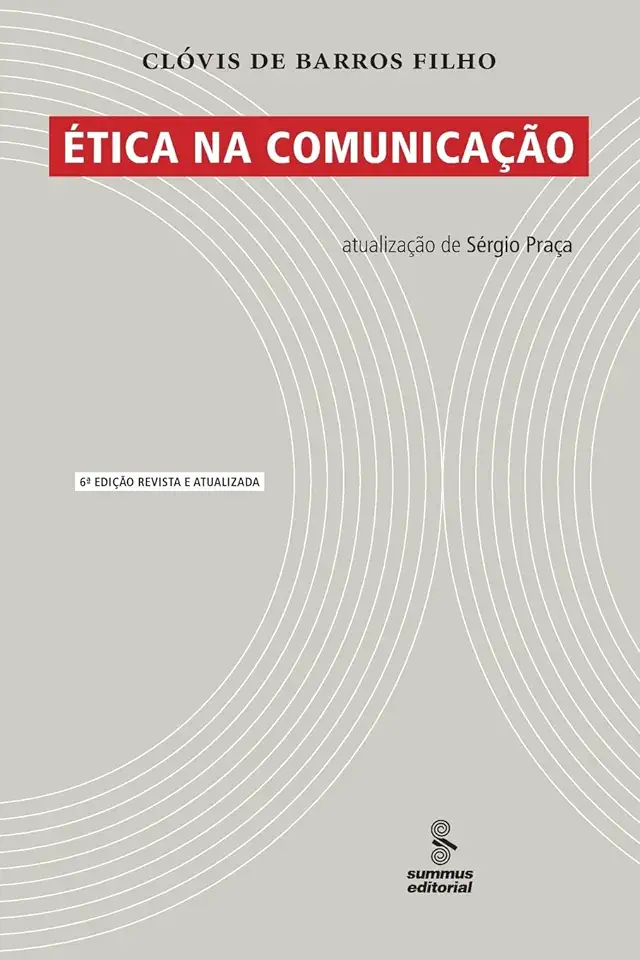
Communication in the Polis - Clóvis de Barros Filho
Communication in the Polis: Exploring the Art of Persuasion in Ancient Greece
Introduction: The Power of Persuasion
In the vibrant world of ancient Greece, communication was not merely an exchange of information; it was an art form, a means of persuasion, and a tool for shaping public opinion. In his groundbreaking work, "Communication in the Polis," Clóvis de Barros Filho delves into the intricate web of communication strategies employed by ancient Greek orators, philosophers, and statesmen to influence their audiences and shape the course of history.
The Agora: A Crucible of Persuasion
The agora, the central public space of ancient Greek city-states, served as a bustling marketplace of ideas, where citizens gathered to debate, deliberate, and decide on matters of public importance. Barros Filho vividly recreates the atmosphere of these lively assemblies, where orators captivated their audience with their eloquence, logic, and emotional appeals.
Rhetoric: The Art of Persuasion
At the heart of ancient Greek communication was rhetoric, the art of persuasion. Barros Filho meticulously analyzes the rhetorical techniques employed by Greek orators, from the use of metaphors and analogies to the power of storytelling and emotional appeals. He demonstrates how these masters of persuasion crafted their arguments to appeal to the intellect, emotions, and values of their audience.
The Sophists: Pioneers of Persuasion
The sophists, a group of itinerant teachers and intellectuals, played a pivotal role in the development of rhetoric. Barros Filho explores their controversial teachings, which challenged traditional beliefs and emphasized the importance of persuasion in achieving personal and political success. He highlights the contributions of prominent sophists such as Protagoras and Gorgias, whose ideas revolutionized the art of communication.
Socrates and Plato: Questioning the Sophists
While the sophists celebrated the power of persuasion, Socrates and Plato raised critical questions about its ethical implications. Barros Filho examines their philosophical dialogues, which probed the nature of truth, knowledge, and the role of rhetoric in a just society. He reveals the tension between the sophists' emphasis on persuasion and Socrates' pursuit of truth, setting the stage for a profound philosophical debate that would shape Western thought for centuries.
Aristotle: The Systematization of Rhetoric
Aristotle, the brilliant student of Plato, emerged as the preeminent theorist of rhetoric. Barros Filho meticulously dissects Aristotle's seminal work, "Rhetoric," which systematized the art of persuasion and laid the foundation for modern communication studies. He explores Aristotle's insights into the three pillars of rhetoric – ethos, pathos, and logos – and their enduring relevance in effective communication.
The Legacy of Greek Communication
The influence of ancient Greek communication practices extended far beyond the boundaries of Greece. Barros Filho traces the impact of Greek rhetoric on Roman oratory, medieval scholasticism, and the development of modern communication theories. He demonstrates how the lessons learned from ancient Greek communicators continue to shape our understanding of persuasion, public discourse, and the power of language.
Conclusion: Communication as a Force for Good
"Communication in the Polis" is a captivating journey into the world of ancient Greek communication, revealing the profound impact of persuasion on shaping societies and influencing human thought. Barros Filho's masterful analysis not only provides a glimpse into the past but also offers valuable insights for effective communication in the present. This book is a must-read for anyone interested in rhetoric, persuasion, and the art of crafting powerful messages that resonate with audiences.
Enjoyed the summary? Discover all the details and take your reading to the next level — [click here to view the book on Amazon!]